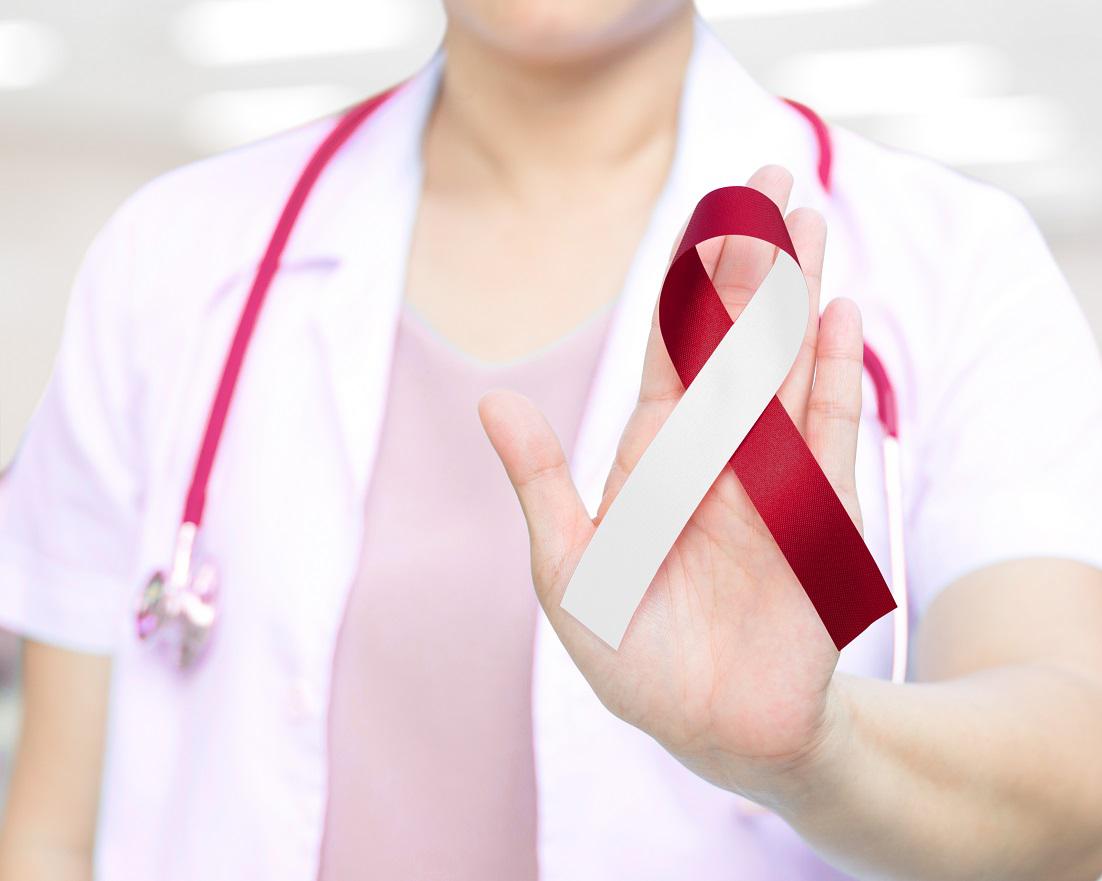 There are about 53,000 new oral cancer diagnoses each year, which is why awareness is crucial. Our goal is to ensure that more people know about the disease and will take measures to prevent it and screen for it. Because when oral cancer is detected early, the survival rate is significantly increased.
There are about 53,000 new oral cancer diagnoses each year, which is why awareness is crucial. Our goal is to ensure that more people know about the disease and will take measures to prevent it and screen for it. Because when oral cancer is detected early, the survival rate is significantly increased.
An oral cancer screening is included every time you have a dental checkup. Our team is dedicated to helping patients prevent oral cancer, screening patients of all ages for oral cancer, and helping those who have it overcome it. Continue reading to learn more about oral cancer, how to prevent it, and the signs and symptoms to be aware of.
Important Oral Cancer Facts
- Together, oral cancer and oropharyngeal cancer, are the sixth most common types of cancers in the world.
- The American Cancer Society estimates that 11,580 people will die from oral and oropharyngeal cancers in 2023.
- Being over the age of 40 puts you at a higher risk for oral cancer.
- Men are 2 to 3 times more likely to develop oral cancer.
- Worldwide, there are over 450,000 new cases of oral cancer each year.
How to Prevent Oral Cancer
We know that oral cancer occurs when the cells in the mouth tissues grow and divide uncontrollably. What we don’t know is what exactly triggers this phenomenon. However, certain habits increase your risk of developing oral cancer. These include chewing tobacco, heavy drinking, UV light exposure, and an HPV diagnosis.
1. Quit tobacco use
If you smoke cigars or cigarettes, chew tobacco, chew gutka, or are often exposed to secondhand smoke, your risk for oral cancer significantly increases. We know it’s easier said than done, but the best thing you can do for your oral and overall health is to quit using tobacco products.
Talk to your dentist or doctor about the best ways to quit so you can live a long, healthy life.
2. Reduce alcohol consumption
The National Cancer Institute reports that heavy drinkers are five times more likely to develop oral and oropharyngeal cancers. Once a person quits drinking, their risk of developing cancer slowly lowers.
3. Practice safe sex
An HPV diagnosis puts a person at risk for all types of cancers. Before sleeping with someone, ask about their sexual history, if they have undergone testing for STDs or HPV, and always use protection.
4. Reduce UV light exposure
You can reduce your exposure to UV radiation by staying in the shade during the day, wearing long-sleeved shirts and long pants, wearing a wide-brimmed hat, wearing sunglasses, putting on sunscreen that is 15 SPF or higher, and avoiding tanning beds.
Signs and Symptoms
How can you know if you have oral cancer? By visiting our dentist’s office for an exam! In the meantime, look for these common signs and symptoms of oral and oropharyngeal cancer:
- Constant pain in your mouth
- Unexplained mouth bleeding
- Difficulty chewing
- Jaw swelling
- Numbness in the mouth
- A lesion or sore in the mouth or on the lips that doesn’t go away
- A lump or mass in the mouth or on the lips
- White or red patch on the tongue, gums, or inside of cheeks
If oral cancer has spread, you may also experience the following:
- A constantly sore throat
- Painful swallowing
- Feeling a lump in your throat
- A hoarse voice
- Ear pain
- Weight loss
- Swollen lymph nodes in your neck
Notice any of these symptoms? Schedule an appointment with a trusted and experienced dentist immediately.
What To Do Now
Awareness is more than just knowing facts about something; it’s about what you do with those facts. So, now that you know about oral cancer, it’s time to create a plan.
- Check for symptoms. Do a quick evaluation based on the symptoms listed above. Have you experienced any of these recently? Are you living with daily discomfort? If so, contact our office immediately.
- Schedule a dental checkup. If it’s been longer than six months since your last dental appointment, it’s time for another one. Remember, early detection is key!
- Talk to your friends and family. Don’t keep this important information to yourself. Talk to your family and friends about the risks, signs, and symptoms of oral cancer.
Schedule Your Oral Cancer Screening Today
If you’re searching for a trusted and experienced dental provider near you, contact our team today. We’re prepared to help you achieve and maintain optimal oral health while looking for any signs and symptoms of oral cancer.

